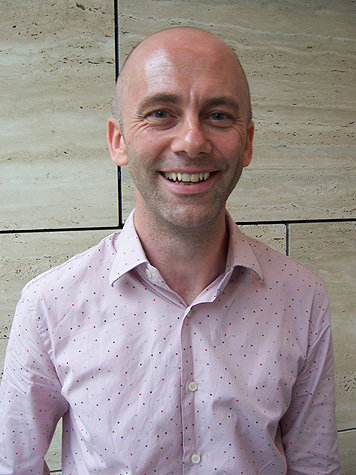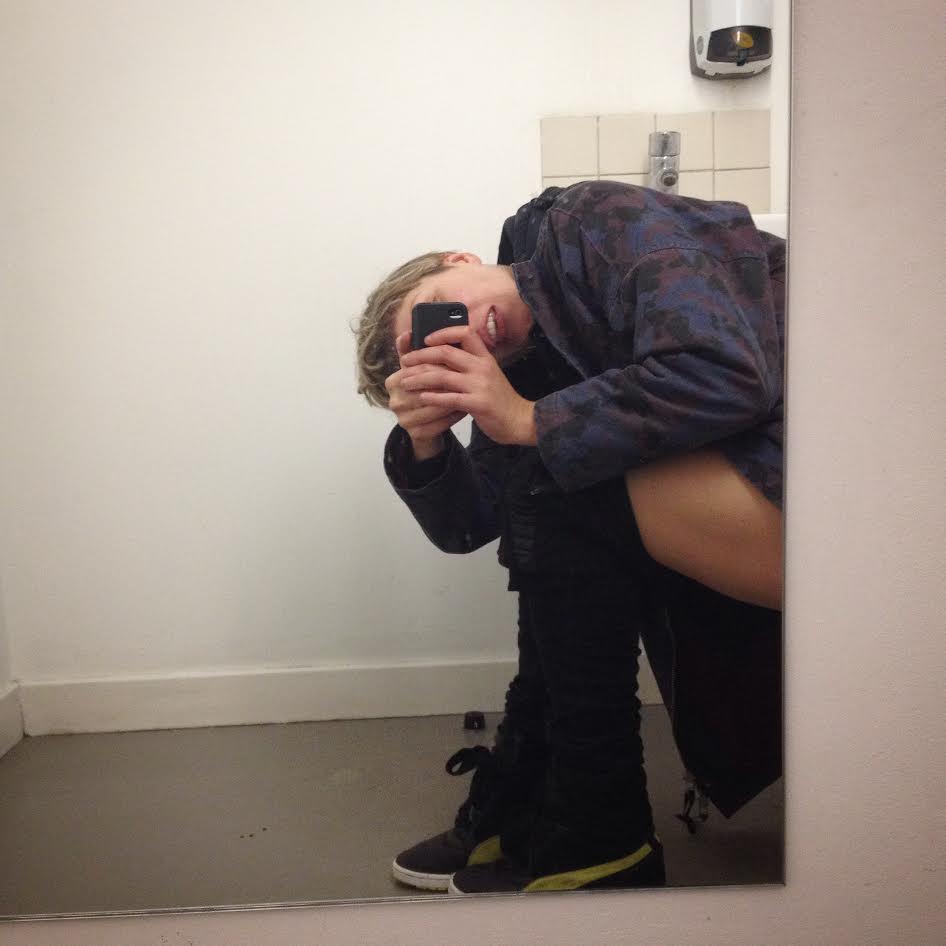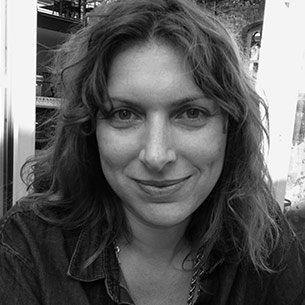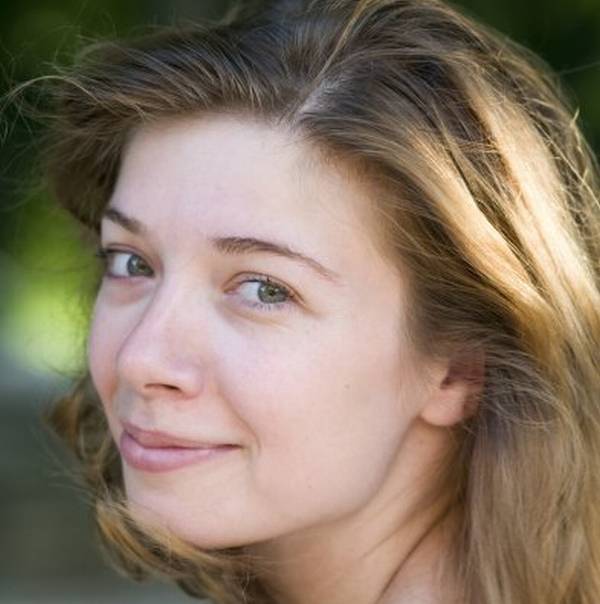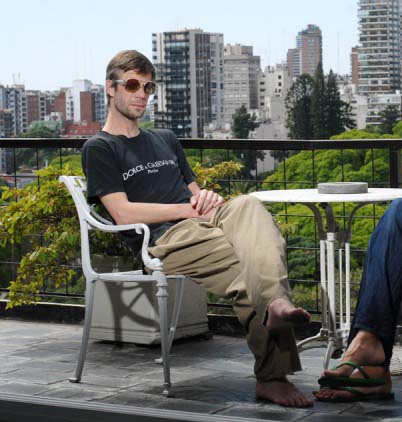Gavin ButtBeing in a Band: Artschool Experimentalism and the Post-Punk Commons
Gavin Butt works at the intersection of art history, performance studies and queer theory. His lecture will address the post-punk music scene surrounding art schools in the city of Leeds (UK) in the late 1970s and early 1980s. Being in a band provided the opportunity for artists to transcend the creative dead-ends of Modernist art and punk rock, given that both had become culture industry business-as-usual at this time. Introducing the idea of a post-punk ‘commons’, he will consider the importance of artistic communalism and non-proficient musicianship as a means to produce new forms of expression beyond rock, and the transposing of avant-garde experiment into the popular arena. Bands to be addressed will include the SheeHees, Mekons, Another Colour, Fad Gadget, and Impact Theatre.
Alexandra Piricidemonstration-lecture
Alexandra Pirici was trained as a choreographer but today does most of her work in a visual art context—in public space or galleries where the audience is free to move around her performers. Her interventions are often sculptural and time-based, transforming the monumental into the human and embodied. Rather than adapt one of these works to a theatre context, Alexandra will present a new demonstration-lecture that allows us to understand her own development within a larger framework of de-skilling and down-scaling. Excerpts of her past pieces will be performed alongside a commentary that reflects on embodiment, especially the embodiment of iconic moments in the collective imaginary.
Jesse Darling Habeas Corpus Ad Subjiciendum, or Body of Work? You’re Looking at It and #usermilitia manifesto
Jesse Darling will present a silent powerpoint lecture in which s/he incorporates his/her own writing, tweets, found quotes and images to comment on the labour of self-performance for an online audience. In law, the term Habeas Corpus refers to unlawful detention; Jesse suggests that our perpetual capture (by security cameras and online data mining) is far from voluntary. S/he will also present a new piece of writing, the #usermilitia manifesto, which makes a case for the role of the user (who doesn’t have technical expertise), as opposed to the professional. Is the nonprofessional labour of social media too often dismissed as gendered and performative?
Annie DorsenSpokaoke
Annie Dorsen’s Spokaoke is a karaoke of famous political speeches—from Margaret Thatcher to Socrates, Harvey Milk to Jesus Christ. Participants sign up for a speech, which they perform for the audience in the style of their choosing. Unlike pop music karaoke, where the tunes tend to be more familiar than the lyrics, with Spokaoke the texts are invariably more famous than the performance. It’s therefore up to participants to make their delivery live up to the powerful words. Is there a way to see this kind of karaoke as educational—as a form of learning through doing? Could it constitute a rehearsal for public political speech?
SLOT 1
11.00 - 12.301 bits
Keep Knotting Notes performance by TXT department students
Introduction Claire Bishop Is Everyone a Performer?
Gavin Butt Being in a Band: Artschool Experimentalism and the Post-Punk Commons
Gavin Butt & Claire Bishop discussion + Q&A
(45-minute break - with possible interventions)
SLOT 2
13.15 - 14.45
2 bits
Demonstration-lecture by Alexandra Pirici
Alexandra Pirici, Gavin Butt & Claire Bishop discussion + Q&A
(15min break)
SLOT 3 15.00 - 16.15 2 bits
Jesse Darling performance Habeas Corpus
Jesse Darling #usermilitia manifesto
Jesse Darling, Alexandra Pirici, Gavin Butt, Claire Bishop – conversation + Q&A
(15min break)
SLOT 4 16.30 -18.00 2 bits
Annie Dorsen Spokaoke
Annie Dorsen, Mårten Spångberg, Claire Bishop – conversation + Q&A + Closing statements
Full Attendance 8 bits
